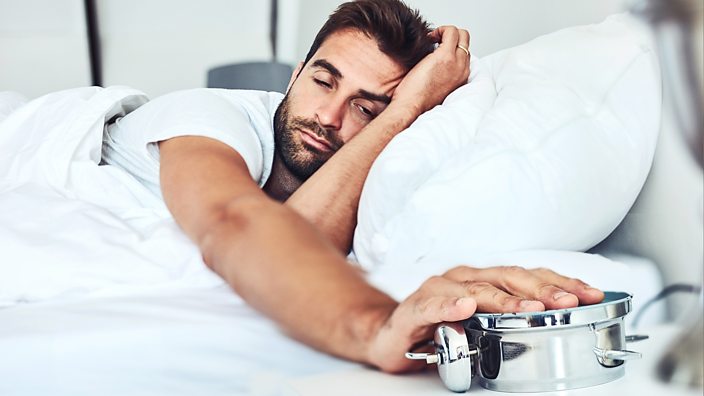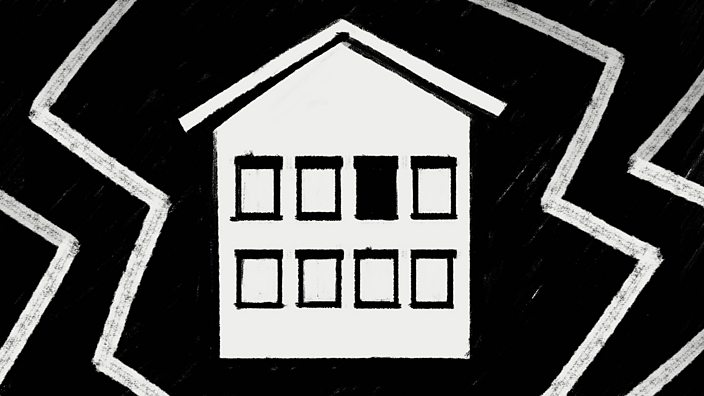 iStock
iStockCan't get out of bed? You might have dysania
But it's still not an official condition
You may take the view that there are very few good reasons to get out of bed in the morning. The covers are warm, the world is cold and you can just keep snoozing your alarm. On 28 October the clocks went back, making it harder than ever to leave your cocoon because – let’s face it – it spelt the beginning of winter and meant that in a few weeks we'll be getting up when it’s still dark outside and that's just plain wrong.
But what if you feel like it's a more serious issue that you can’t get out of bed at all? There is a word for that: you could have dysania.
“Dysania is a rarely used term for 'I-don’t-get-out-of-bed-in-the-morning',” says Dr Mark Salter, from the Royal College of Psychiatrists. “It is a behaviour sometimes seen in those suffering from a major depressive disorder."
Dysania, which isn't medically recognised, isn't just about feeling sleepier than usual – it is a chronic inability to leave bed. Self-proclaimed sufferers can stay in bed for days on end and often experience anxiety at the thought of getting up. They can also feel a "craving" to return to bed once they have left it.
But it's important to know that you are unlikely to be diagnosed with dysania alone. It is usually considered to be a symptom of an underlying condition such as depression or chronic fatigue syndrome.
To identify whether someone is experiencing dysania, or clinomania – a closely-related term that refers to the desire to stay in bed all day – Dr Salter would first have to rule out whether there is anything physically wrong with them.
He would then ask the patient what other symptoms they are experiencing. This could lead to a diagnosis of depression, which can have a range of effects on the body, according to Dr Salter.
“Sleep disturbance, lethargy, and early morning waking are bodily symptoms [of depression],” says Dr Salter. “The lethargy combined with early morning waking sometimes manifests itself as a complete inability to move.
"People with severe depression, for example, may not be able to raise their hand to drink a glass of water.”
If they don't have any other symptoms, then it could be that they are just terrible at getting out of bed in the morning. This is not, in case it needs to be said, the same as dysania.
If you're unsure whether your lethargy might be more severe than normal, then try sleeping more by changing your habits.
First, try and regulate how much sleep you get. Most adults need between six and nine hours, so work out when you need to get up and then stick to a regular bedtime. Relaxation is key - try winding down before bed either with a relaxing bath or some light exercise like yoga stretches.
Don't forget to remove distractions like mobile phones and laptops. And finally, if you're really struggling, why not try sex or masturbating - unlike other physical activity, sex makes you sleepy.
If, after all that, your inability to get up in the morning is causing you severe stress and anxiety, then you should call your GP. You might feel like you're being lazy, but unless you get it checked out, you'll never know for sure.
Originally published 25 October 2018.















